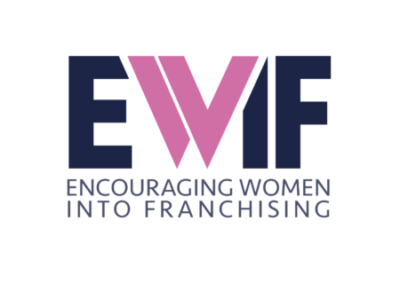Franchising can be the route to rapid, successful growth for many small and medium-size companies. It is also a route that may have many pitfalls that can cost a lot of time, effort and money if not done correctly.
What is Franchising?
Franchising is a method that allows companies to expand geographically without large capital outlays, by using independent third parties to do it. The franchisor (you) grants a licence to a franchisee giving them the right to operate a business under your name, using your operating systems, methodologies and know how, for a set period of time. In return you normally receive an initial licence fee that covers your costs associated with franchising the business, and an ongoing royalty / management services fee by way of a percentage of the franchisees turnover.
Advantages of franchising
- Franchising allows a company to expand its business using the capital of the franchisees, reducing the financial exposure and gearing of your business.
- Expansion can be far quicker compared with open new company owned branches using cash flow or external funding.
- Since franchisees have invested their own money into having a business they are far more likely to be motivated and ensure its success than employees.
- Franchisors benefit financially from the success of their franchisees.
- The franchisors own business can benefit from the increased brand awareness achieved by their franchisees.
- Research shows that customers prefer to use franchised outlets rather than company owned ones.
- Organisational and staffing issues are reduced compared with expanding using company owned sites.
Disadvantages of franchising
- As the franchisee owns their business the franchisors profit potential will not be as high as if they owned and operated the sites themselves. This is to be expected, since the franchisor has no capital expenditure in opening these sites.
- Franchisors have to stipulate and police how franchisees operate to ensure that the franchisors brand is not compromised by franchisees operating in an authorized or unprofessional manner.
- Franchisors have a moral and contractual responsibility to support their franchisees.
- Franchisors have less control over a franchisee than an employee.
Who is in Control?
Each business outlet is owned and operated by the franchisee. However, the franchisor retains control over the way in which products and services are marketed and sold, and controls the quality and standards of the business.
Roles
The franchisors role is to:
- Develop and constantly improve the products/services sold by the franchisees to ensure the business remains competitive and viable in the marketplace.
- Provide franchisees with the skills required to operate a successful business.
- Manage national or international advertising campaigns.
- Ensure the overall long term future of the franchised business.
The franchisees role is to:
- Operate according to the approved method and systems as laid out in the operating manual.
- Ensure that they do nothing to damage the franchisors brand.
- Fully maximise the potential in their franchise territory.
What are the cost implications?
There are a number of costs associated with franchising a business including:
- Developing the Franchise model and internal support systems.
- Franchise legal requirements.
- Franchise recruitment material.
- Marketing the Franchise opportunity.
- Managing the Franchise network.
We would advise businesses looking to franchise to budget in the region of £25,000 to develop their franchise and have all their legal documentation produced. On top of this there is the cost of marketing the franchise opportunity, typically £1,000 – £2,000 per month. There is also the cost of processing franchise enquiries, interviewing potential franchisees and training the franchisees. This may appear a significant investment however when considered in terms of developing a national brand then the costs are much less than in expanding using company owned regional offices/outlets. The first stage in franchising any business is the “Franchise Development Model” also referred to as the “Feasibility Study”. This assesses the viability of franchising for both the franchisor and their future franchisees whilst also creating the franchise blueprint that all other elements in the franchise development process will refer to.
What income can I expect from my franchisees?
The franchisor receives an initial upfront fee from the franchisee, and then on-going fees usually based on a percentage of annual turnover or mark-ups on supplies. In addition most franchises charge a national marketing levy which is used for national marketing for the benefit of the whole franchisee network.
